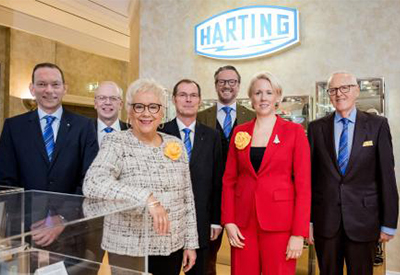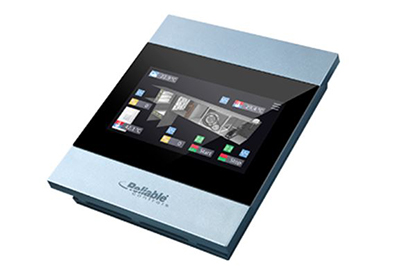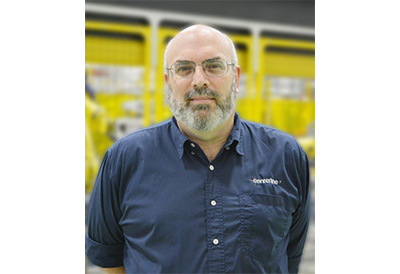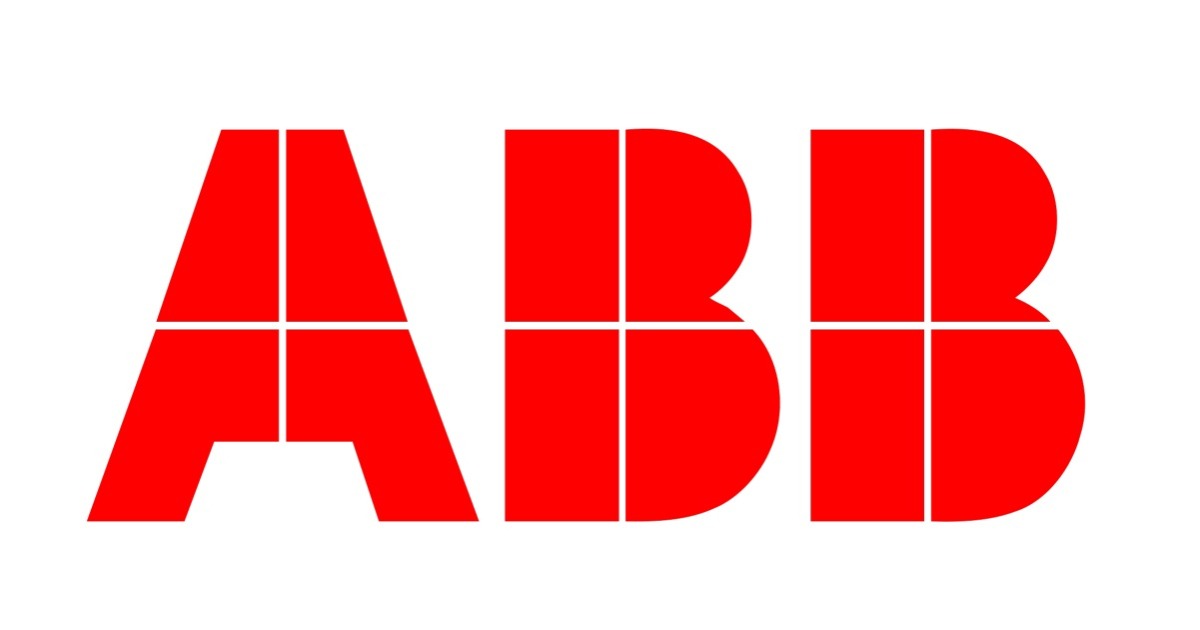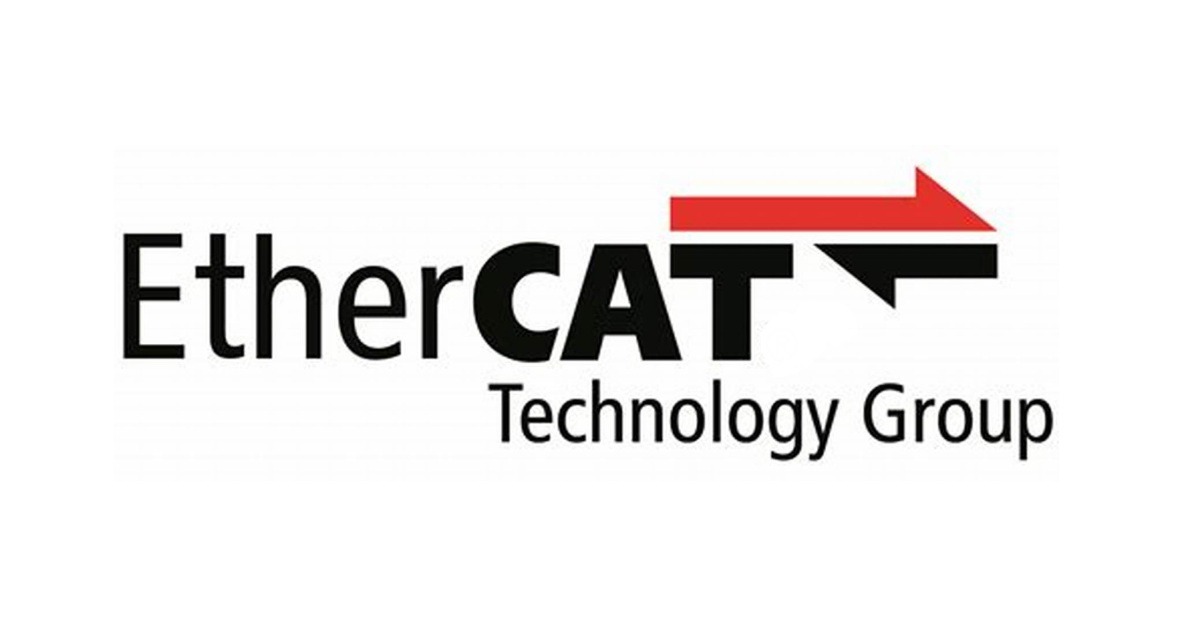ABB’s all-in-one automation system means efficient, sustainable reliability for Ericsson’s global data center
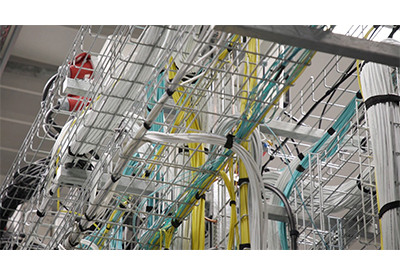
January 17, 2019
Data centers stand on the front lines of the digital revolution. The bulk of the world’s digitalized information flows through these sprawling installations. The data storage and backup demands of these information hubs are so ravenous that the global appetite for digital information is now measured in zettabytes – or units of one trillion billion bytes.
The technological challenges go well beyond data processing. The huge arrays of servers in a modern data center draw enormous amounts of electrical power, while throwing off tremendous heat.
Data centers in the European Union consumed 25 percent more energy in 2017 than in 2014, according to data from Eureca, a project funded by the European Commission to increase knowledge and awareness of data centers and the energy they use.
Eureca calculated that the five billion downloads and streams triggered by the hit song “Despacito”, released in 2017, consumed as much electricity as was used by the nations of Chad, Guinea-Bissau, Somalia, Sierra Leone and the Central African Republic put together in a single year.
Managing those energy tasks, and doing it in a way that provides the operational efficiency and reliability that today’s businesses require, depends on sophisticated technology and deep-seated technical expertise.
The global rollout of 5G, the wireless equivalent of a broadband data connection, will put the growth of digital data into overdrive, requiring ever-greater energy-management and operational efficiencies for data centers. In other words, demand for ABB’s data center technologies will only continue to grow.
That is why ABB has emerged as one of the world’s leading providers of operations and energy management systems for massive data centers. And it is why Ericsson, one of the world‘s largest telecommunications network equipment suppliers, chose ABB to orchestrate its Global Information and Communication Technology Center in Rosersberg, Sweden.
The Global ICT Center is of critical importance to Ericsson, enabling its engineers around the world, and around the clock, to use the facility remotely to test products and services, before releasing them to clients. The reliability of the site and its ability to operate efficiently without interruption are crucial to Ericsson’s success.
The vast data center spans over 20,000 square meters, but can be monitored and controlled by people sitting in one room, thanks to an ABB Ability™ Data Center Automation solution. Through this central nervous system, all three of the center’s control systems – the building management system (BMS), smart power management system (PMS) with automated functions and energy management system (EMS) – are handled through a single point of control. And thanks to ABB, the Global ICT Center has been able to achieve energy savings, while reducing operational and capital spending.

“For us, ABB is a strategic partner for this site and other sites similar to this,” said Mikael Anckers, Head of Building Operations at the Global ICT Center. ‘‘The BMS, PMS and EMS form the heart and brain of the site, and here they are all integrated into one system. This helps in easier monitoring of the facility. That’s what I rely on when I am sleeping at home at night.”
Ericsson leveraged ABB’s expertise in power train technologies and automation. The project included ABB magnetic flow meters, which measure the flow of cooling water, substation transformers, medium voltage switchgear, all controlled and monitored by the automation system.
Energy management is key
ABB’s technology enabled Ericsson to automate and control operations not only across hardware and software systems, but also across power, cooling and energy management systems.
Data centers are energy-hungry, devouring huge amounts of electricity, equivalent in consumption to a small town. ABB estimates that data center traffic will grow by 400 percent over the next two years, with worldwide data center power consumption increasing to 60 gigawatts, or 2.5 percent of global electricity consumption by 2020.
As data centers grow in size and number, owners and customers have a major incentive to manage their energy use wisely. It is estimated that energy accounts for up to 40 percent of the total cost of ownership. If centers do not become more efficient and innovative, their growth could be constrained by overloaded national power grids.

Ericsson’s home country, Sweden, offers clear advantages in hosting data centers. These include major sources of sustainable energy, like wind and hydro, as well as national energy policies that favor affordable electricity.
“If you compare a 10 megawatt data center in Sweden versus one in Germany, you would save somewhere between 50 to 100 million euros over a 10-year period by operating that data center in Sweden,”said Tomas Sokolnicki, who is head of the data center practice for Business Sweden, a trade and investment council. “Also, if you could connect your data center to the district heating and cooling networks in Stockholm like Ericsson has done, you will help heat 20,000 apartments in the city. These are extremely good sustainability goals that any data center operator desires to achieve.”
Besides recycling the heat thrown off from the data center to provide heat and hot water to local residents, the Ericsson Global ICT Center also obtains cold water back from the city to help cool the center’s servers. Efficient management of these thermal transfers is possible through ABB’s control system, enabling a more efficient and sustainable global economic future.

